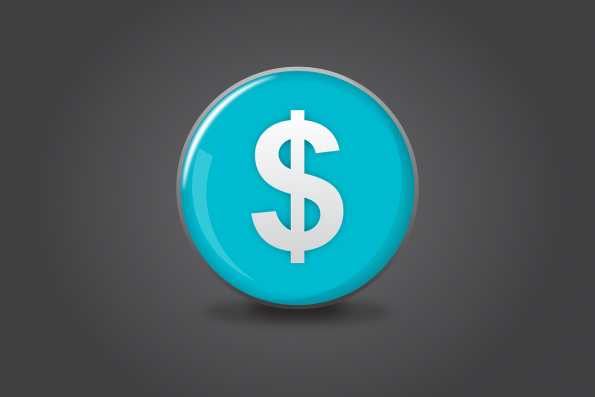In Canada, insurable earnings are simply your wage before any payroll deductions like EI and CPP are made. Insurable earnings aren’t necessarily gross income since tips and gratuities all count towards insurable earning.
There are few things in life that are more confusing than taxes.
Several websites and services these days can take all the numbers and boxes on your T4 and manage to make sense of them. However, the codes and numbers can be overwhelming for people without an accounting background.
Let us take this one step at a time and discuss one of the most less-understood terms you’ll encounter when you receive your T4 – insurable earnings. Our goal is to help you understand this term in its entirety because, in doing so, you’ll have a better understanding of what EI is and how it can affect you when you need it.
Insurable Earnings Overview
Insurable earnings are directly related to employment insurance contributions. In fact, “insurable earnings” are the portion of your income that is used to calculated both your contributions and your employers’ contributions to employment insurance premiums.
Income to most people may mean salary, but only about 14.8 million Canadians are considered full-time workers (a bit less than 40% of the population).
If you’re looking at Box 24 and wondering why the insurable earnings are different from the other boxes, it could be because your employer provides pay and benefits in slightly different ways, and the earnings that count toward EI have a maximum that changes each year.
Types of Earnings Considered Insurable
First and foremost, your wages, salary, and tips are all considered insurable earnings. Further to that, any earnings that are counted on your T4 before deductions are taken out count toward your insurable earnings, up to a certain maximum.
This includes the following types of income:
- Pay by hourly rate
- Salary
- Commission
- Vacation pay and sick leave
- Paid maternity leave
- Deferred salary leave
- Room and board
- Bonuses
Insurable earnings would also include any allowances and taxable benefits provided by your employer, so this list is not exclusive.
Maximum EI Insurable Earnings for 2020 and 2021
For all of Canada except Quebec, the maximum insurable earnings increased starting on January 1, 2020. The new EI maximum is $54,200, increasing $1,100 from the 2019 maximum of $53,100.
If you made less than $54,200 in 2020, you will be required to pay for the premium contributions up to your total income. If, however, you made more than $54,200 in 2020, then you will only be required to contribute premiums up to that limit, and earnings above $54,200 do not incur EI premiums.
The changes for 2021 were recently announced. For most of Canada, the EI maximum is now $56,300 for income earned in 2021, so this will show on the T4 you receive in 2022. This information simply shows that the changes aren’t consistent from one year to the next as this increase is now $2,100, or $1,000 more than the increase between 2019 and 2020.
Quebec Insurable Earnings Rules
Quebec is slightly different because their Employment Insurance plan covers more than just unemployment. It also covers maternity and parental leave. If you work in Quebec and your earnings count under EI requirements, you will pay $1.20 per $100 in Box 24 for insurable earnings in 2020.
As mentioned above, the new rates have been announced for 2021, so Quebec workers will see a maximum of $1.58 for every $100 of insurable earnings for employees and $2.21 for employers (those who pay 1.4 times the employee rate).
Determining Your Insurable Earnings
If you’re a full-time employee with a stable and consistent income, it may be relatively easy to figure out your insurable earnings and premiums. If you have two or more types of income mentioned in the earlier section, it may vary from one paycheck to the next and can be difficult to follow.
In either case, your employer should be taking care of the calculations for each paycheck so you aren’t required to do so every few weeks.
Knowing about EI and what it typically looks like on your statements may be important because, if you have several different types of income, your employer may be likely to make mistakes. Knowing how it is calculated can help you realize this and get it corrected early.
Also, should you ever find yourself applying for employment insurance for one of the covered reasons, it would also help to know your insurable earnings. You’ll also receive a “Record of Employment” (ROE) from your previous employer which provides your total insurable earnings so you can accurately fill out the requisite applications.












